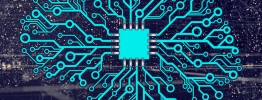Topic: Technology
Quotes
Max Weber, Economy And Society (1968)
- Had not rational calculation formed the basis of economic activity, had there not been certain very particular conditions in its economic background, rational technology could never have come into existence.#

